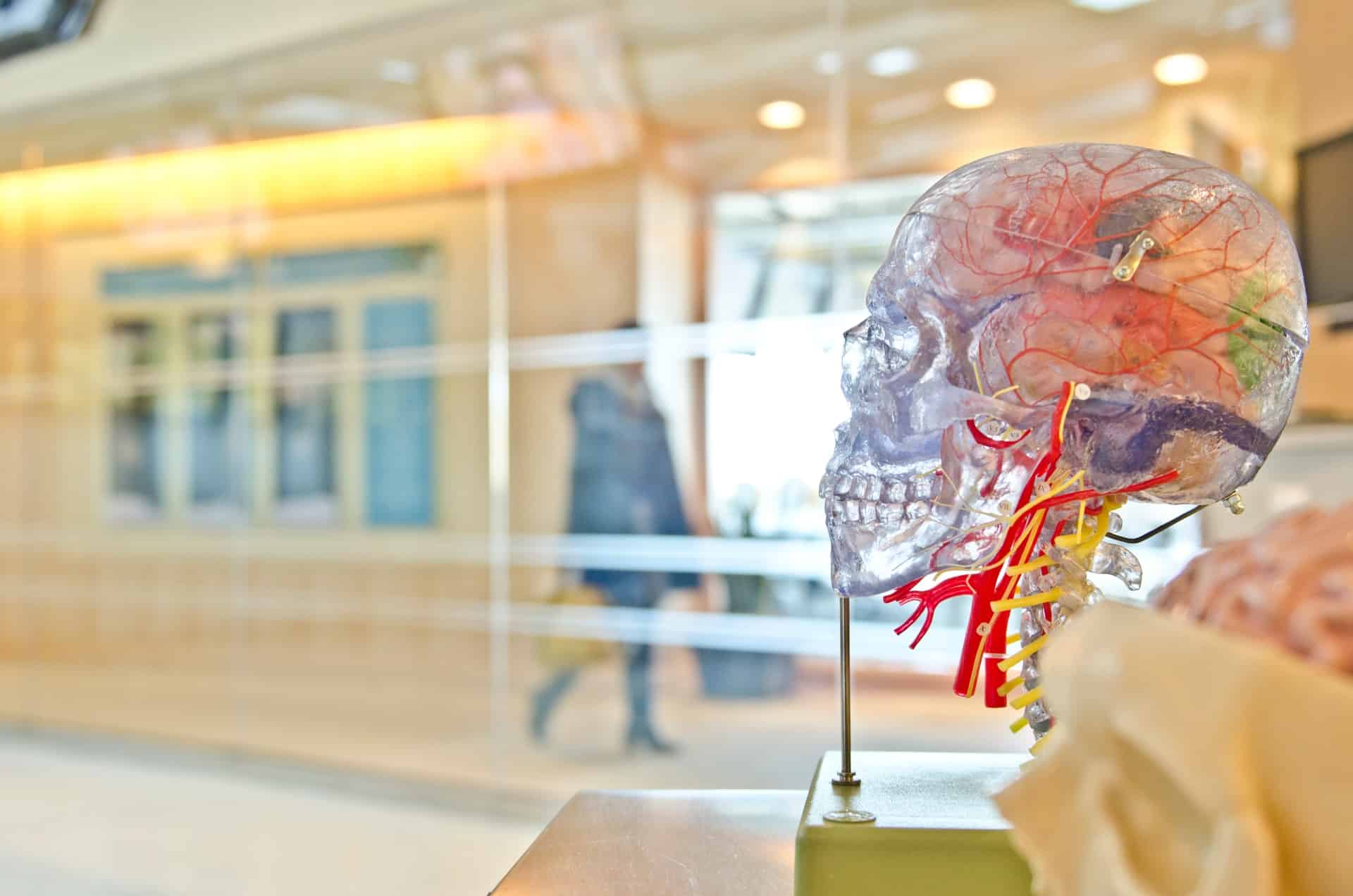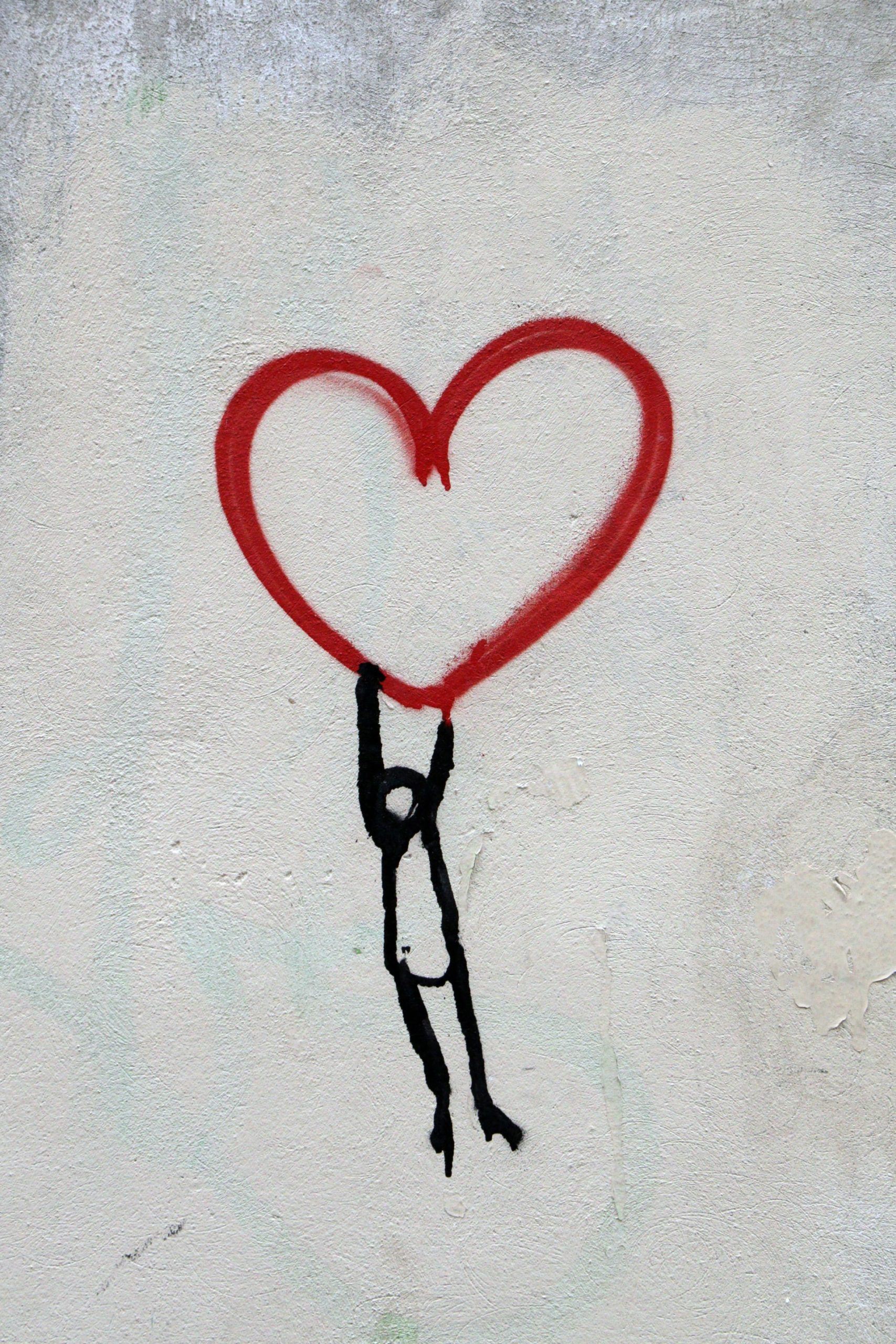Ketamine therapy is an antidepressant that uses a quick and intense treatment that targets the brain’s pleasure receptors. Some people who use ketamine therapy report improved mood, reduced anxiety, and improved cognitive function.
However, there are some risks associated with ketamine therapy, including an increased risk of death, death by suicide, and stroke. So before you start using ketamine therapy, make sure you have all of the information you need. It is used to treat various conditions, including depression, anxiety, and addiction. It’s often combined with other treatments, such as medication and talk therapy.
But there are some things you don’t know about ketamine therapy. Here are five unbelievable facts about it.
IMAGE: UNSPLASH
1. Ketamine Therapy Is Used To Treat Traumatic Brain Injury (Or TBI)
Ketamine therapy has been shown to be effective at treating major depressive disorder (MDD). Some reports suggest ketamine can help patients recover from TBI or chronic pain after surgery. Research on how well ketamine works for these purposes is limited.
At this time, no large-scale studies have compared the effects of different forms of ketamine therapy. Because of this, doctors should carefully weigh any benefits against potential side effects when deciding whether to prescribe ketamine therapy for their patients.
This is particularly important because if they give too much ketamine too soon, a person may experience an unsafe level of sedation. The good news is that most people who are prescribed ketamine do not die while receiving it. And even those who do die tend to die within 24 hours.
2. Ketamine Is An NMDA Receptor Antagonist And Stimulant
The primary way we respond to stress is through our fight or flight response. This happens by activating certain brain cells (neurons) called glutamatergic neurons. Drugs stimulate these neurons like ketamine. The result? A feeling of calm and decreased negative emotions. As a side-effect, these drugs cause euphoria, insomnia, and changes in perception.
You might think that since the main purpose of ketamine therapy is to reduce anxiety and depression, why would the drug cause this feeling of happiness? Researchers hypothesize that during making memories, ketamine blocks the release of glutamate from the nerve fibers (called glial cells) that protect our brain cells from being damaged by high levels of free radical activity.
Without this protection, the number of brain cell deaths increases, leading to symptoms of anxiety and depression. Want to get more info about how you can benefit from ketamine too? Check out Ketamine Therapy.
Also, ketamine stimulates serotonin receptors which then stimulate dopamine receptors. Dopamine helps us feel satisfied and reward ourselves for our efforts. When we get enough rewards, our brains produce less dopamine. In turn, this makes us feel happier than usual. Interestingly, ketamine therapy increases both serotonin and dopamine. Together, these two chemicals help motivate us to work hard toward our goals.
3. Ketamine Can Be Used To Treat Epilepsy For People Who Have Failed Other Medications
It was once thought that children who had epilepsy were “cured” by having seizures. However, recent studies show that many people continue to suffer from epilepsy despite having stopped experiencing seizures (which means their medication must be taken every day).
Ketamine therapy has proven effective at controlling seizures. One study showed that 81% of participants with treatment-resistant epilepsy experienced a seizure reduction with two infusions over four weeks. Another study reported similar success rates among adults with treatment-resistant epilepsy. This shows that ketamine therapy can reduce seizures in people whose epilepsy had previously failed other treatments.
Also, some experts believe that using ketamine and antiepileptic drugs could prevent the need for more invasive procedures such as deep brain stimulation. Some individuals already use ketamine to reduce their anxiety before undergoing epilepsy surgery.
4. Ketamine Might Help Reduce Pain From Surgery Or Trauma
There is currently a lack of data showing that ketamine reduces all types of pain. However, many people report reduced pain following surgery or trauma when treated with ketamine.
The evidence for this comes from case studies where researchers gave ketamine before surgeries were performed under general anesthesia. During and right after the procedure, fewer patients required additional doses of opioid analgesics. One case study even found that after administering ketamine, there was no difference in how much pain patients felt compared to those receiving standard care without the drug.
The bottom line: it seems unlikely that ketamine will make major improvements in surgical techniques anytime soon. But if ketamine can reduce pain associated with minor injuries or dental work, it could greatly impact the medical field. Doctors may prescribe ketamine to treat chronic pain one day.
Moreover, some researchers are exploring whether ketamine can treat chronic pain caused by autoimmune disorders, including rheumatoid arthritis, fibromyalgia, multiple sclerosis, Parkinson’s disease, lupus, Crohn’s disease, celiac disease, and others.
5. Ketamine May Help Patients With Opioid Use Disorder
There are several reasons why opioid use disorders continue to be so difficult to treat: They are extremely addictive, create tolerance, and make some people want more and more opioids. But new findings provide hope for helping patients overcome these problems. Studies have found that ketamine may help to alleviate addiction. During opioid withdrawal, most patients experience increased feelings of craving and compulsion.
However, a 2016 study found that ketamine reduced cravings and the sense of compulsive urge during detoxification in heroin addicts who were already taking anti-addiction medications.
This effect lasted for up to five days after ketamine treatment ended, long enough to treat opioid dependence. Many scientists think that future research should focus less on developing new opioids and more on ways to get addicted people off them. Ketamine is one potential solution.
Conclusion
The FDA has approved ketamine to treat depression, but its use for other purposes continues to expand. As we’ve seen above, there are significant benefits to ketamine as anesthesia, sedative, and antidepressant.
There are also some uses for ketamine that don’t involve medicine at all. For example, ketamine has become increasingly popular among artists looking to explore alternative avenues for creativity. More often than not, these applications occur outside the clinic and involve recreational users rather than hospitals or psychiatrists.
Nonetheless, the recent surge in interest in ketamine holds promise for treating mental health conditions.
IMAGE: UNSPLASH
If you are interested in even more lifestyle-related articles and information from us here at Bit Rebels, then we have a lot to choose from.


COMMENTS